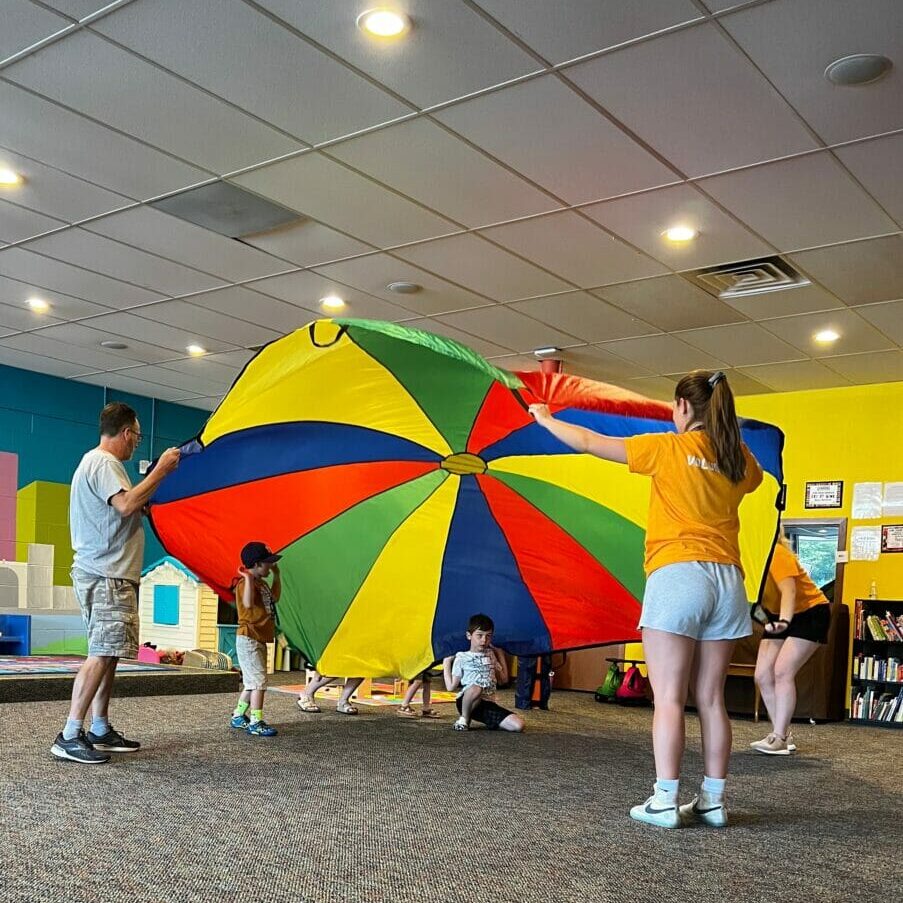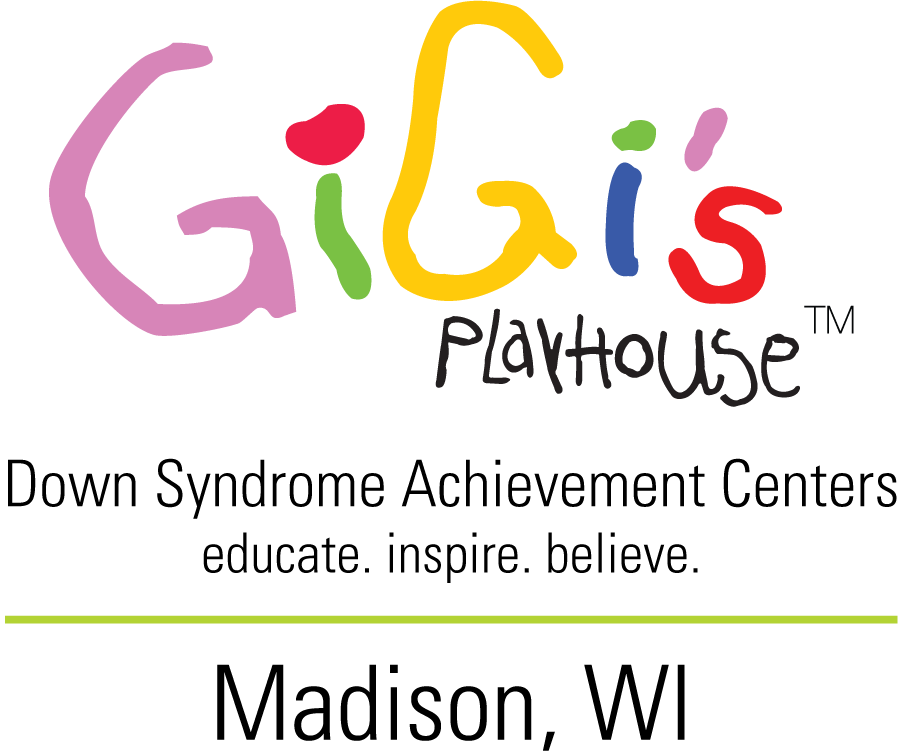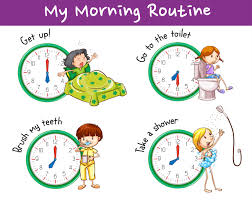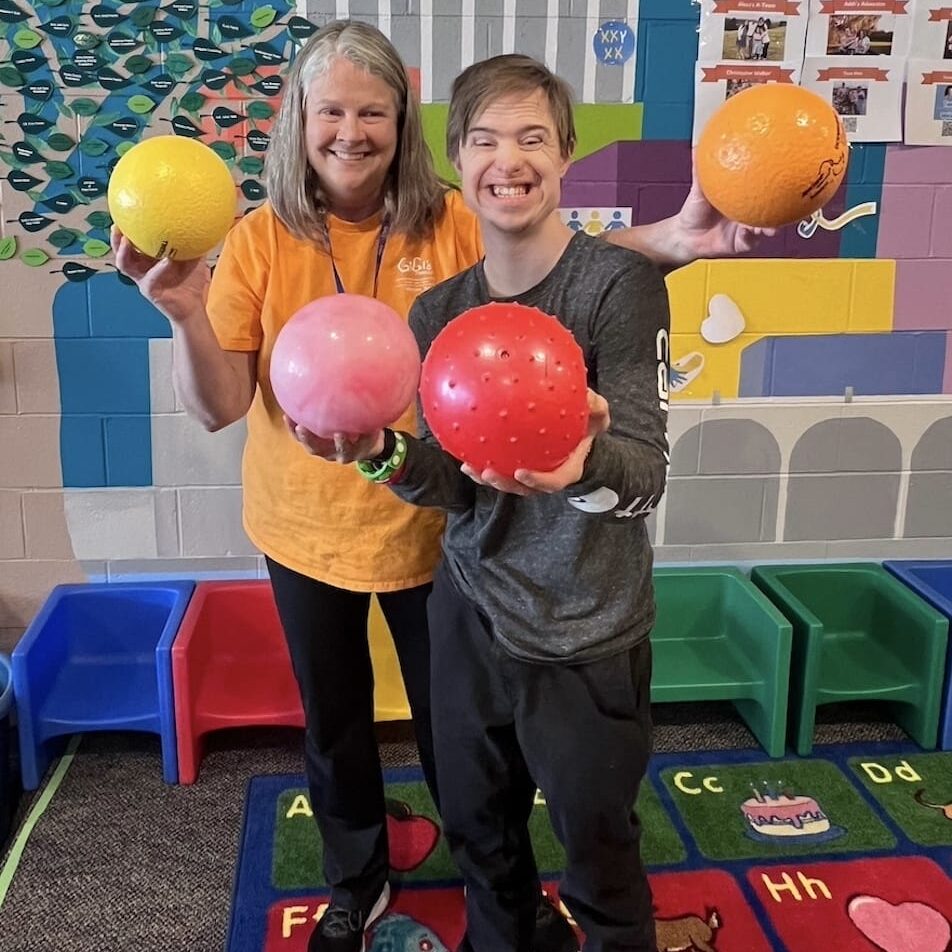Sensory Discussion- Importance of Routines
Are Routines Important?
Guest Blog written by Carla Lackey OTAS and Jill Rahn OTAS from Madison College
What are Routines?
Routines are how families organize their days to get things done, spend time together, and have fun. Every family has its own style and unique routine. These routines and schedules help family members know who should do what, when, and in what order. This includes children with difficulty processing and integrating sensory information. Research shows helping families with children with Down syndrome and/or Autism develop routines can increase meaningful engagement, readiness for daily living skills, and support learning experiences.
How are Routines Beneficial?
An organized and predictable home environment helps children feel safe and secure, including children with a disability. Routines can be especially helpful when things are stressful or when children are going through difficult stages or experiences such as change in environment. Because of our current situation with COVID-19, changes may be needed to carry out a child’s routine. Good routines should suit you and/or the caregiver, your child and your situation. For example, creating routines can be a way for your child to develop new skills.
In addition, routines can be good for adults too because they can free up time for you to think about other things and help you feel more organized. You can also use routines to introduce fun family activities like games nights or reading books together because activities like these are good for relaxed family bonding and togetherness. It’s also good if routines can be flexible when circumstances change.
Can Routines be Flexible?
Remember what works well for one child or a family at one point in time might not be the best at other times. Our circumstances can change and unexpected things come up, so you need to be flexible – for example, COVID-19 has forced us all to adapt in some form or another. If your child isn’t feeling well or hasn’t slept well, you might find that you need a break or that you need to bring your routines back in gradually. And don’t forget, children with disabilities can enjoy spontaneity and fun just as we all do if they are able to be flexible in this way.
During the covid-19 pandemic, parents and children have had to adjust their schedules to work and school at home. Creating a chart together engages the parent and child to come up with a routine that best suits their current schedule.
Watch for Behavior Changes in your Child
Children respond to stress in a variety of ways. As parents and caregivers, we can observe some common changes in behavior that could indicate an increase in stress such as:
- Excessive crying or irritation in younger children
- Returning to behaviors they have outgrown
- Excessive worry or sadness
- Unhealthy eating or sleeping habits
- Irritability and “acting out” behaviors
- Poor school performance or avoiding school
- Difficulties with attention and concentration
- Avoidance of activities enjoyed in the past
- Unexplained headaches or body pain
Tips to Support your Child
- Answer questions about covid-19 in a way that your child can understand.
- Visit GiGi’s at Home to find additional resources to facilitate discussions: COVID Resources
- Reassure your child they are safe
- Although this is challenging, we will make it through this.
- Limit your family’s exposure to news coverage on stressful events.
- Try to keep up with regular routines and create a schedule.
- Be a role model. Take breaks, get plenty of sleep, exercise, and eat well.
- Spending time with your child in meaningful activities.
References:
Performance Challenges for Children and Adolescents With Difficulty Processing and Integrating Sensory Information: A Systematic Review Kristie Patten Koenig, Sarah G. Rudney
The American Journal of Occupational Therapy, Vol. 73, No. 4_Supplement_1, August 2019
file:///C:/Users/carla/OneDrive/Desktop/Downs%20syndrome%20articles/School%20Tips%20for%20Parents.pdf
https://raisingchildren.net.au/disability/family-life/family-management/routines-disability#why-routines-are-good-for-children-with-disability-nav-title
Recent Posts




